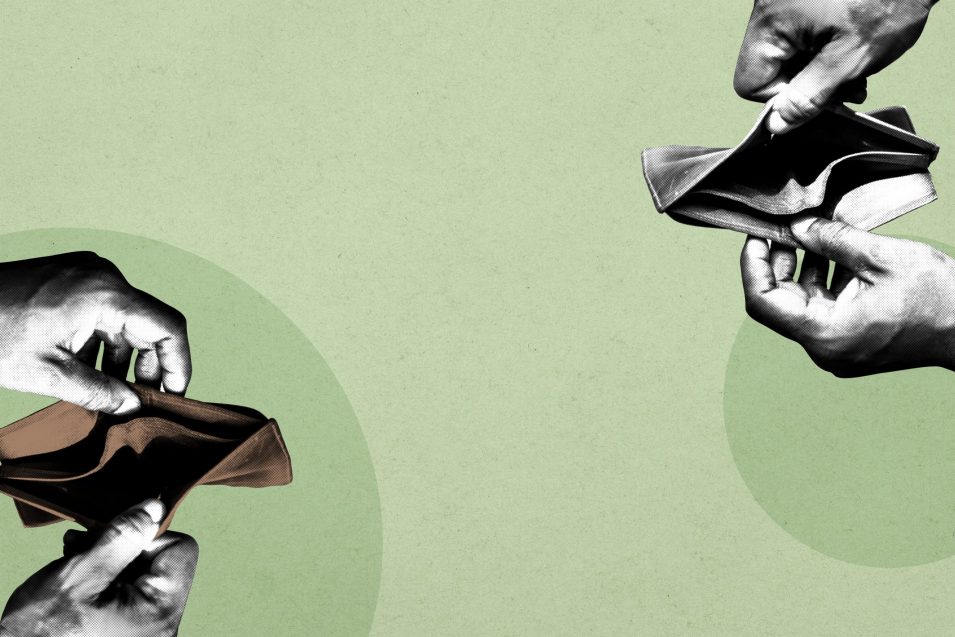
09 Jun Why do loan sharks poison microenterprises?
Within the informal credit sector there is a category known as “loan sharks” or “predatory lenders”, who have been lending to micro-entrepreneurs for years by means of simple loans that are quick, without guarantees or collateral and with very small installments. These are very attractive features for some people, but what they do not take into account are the very high interest rates that range between 10% and 40%.
Something that has concerned regulators in recent years is that this type of informality has come to capture the attention of various criminal groups, which once they offer this type of service seek to recover the investment by any means necessary, using methods ranging from theft of personal items to acts of vandalism and violence.
Informality has long been the mainstay of financing for many micro-enterprises around the country due to its accessibility, as the various requirements demanded by certain financial entities are highly strenuous for businesses with below-average productive capacities. Processes such as obtaining the RUT, registering with the chambers of commerce and paying health contributions are minimum requirements that many micro-businesses are unable to meet, not to mention the high percentage of self-exclusion and the lack of financial education in rural areas.
In Colombia we face a harsh reality in 2023 due to the fact that the costs of inputs for the different sectors have increased between 5% to 10%, accompanied by a rise in interest rates. This worries people who seek financial relief since statistics show that “81.2% of micro-businesses decide not to access formal credit, this added to the fact that 73.3% of Colombians save with the traditional modality better known as “under the mattress”” according to data provided by Maria Clara Hoyos, president of Asomicrofinanzas.
The “gota a gota” cycle is characterized by being particularly oppressive since the payment of installments is mostly directed to the cancellation of interest and not to the payment of capital, generating a deficiency in the financial balances of users, condemning them to an infinite loop of excessive payments. Faced with this reality, micro-businesses are forced into bankruptcy and become less visible in the formal financial environment, which in some cases leads them to conditions of poverty.
Although this informal credit scenario causes so many problems in the microenterprise sector, the hope is that the barriers to entering the financial system will be revised to make them more attainable for this group of people. There is also extensive work to be done through user education initiatives to prevent them from falling victim to this type of practice.
Sources: SaberMásSerMás, BBC, Portafolio y Vanguardia.
